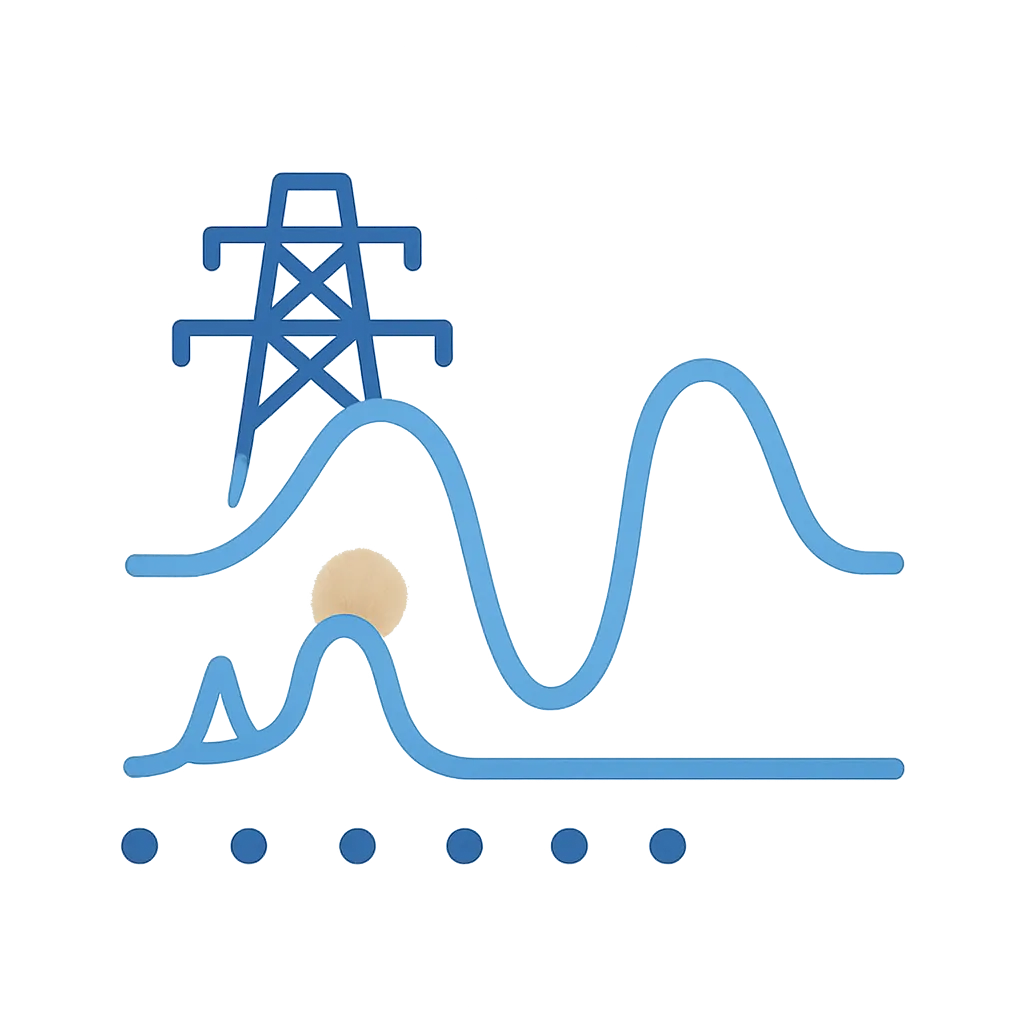skglm#
skglm
Simple. Modular. Powerful.
Everything you need to build fast, flexible, and scalable GLMs — in one modular library.

Easy to Use
Get started in minutes with an intuitive API, comprehensive examples, and out-of-the-box estimators.

Modular Design
Compose custom estimators from interchangeable datafits and penalties tailored to your use case.

Speed
Solve large-scale problems with lightning-fast solvers — up to 100× faster than scikit-learn.

Plug & Extend
Fully scikit-learn compatible and ready for custom research and production workflows.
Support Us
Citation
Using skglm in your work? You are free to use it. It is licensed under
BSD 3-Clause.
As the result of perseverant academic research, the best way to support its development is by citing it.
@inproceedings{skglm,
title = {Beyond L1: Faster and better sparse models with skglm},
author = {Q. Bertrand and Q. Klopfenstein and P.-A. Bannier
and G. Gidel and M. Massias},
booktitle = {NeurIPS},
year = {2022},
}
@article{moufad2023skglm,
title = {skglm: improving scikit-learn for regularized Generalized Linear Models},
author = {Moufad, Badr and Bannier, Pierre-Antoine and Bertrand, Quentin
and Klopfenstein, Quentin and Massias, Mathurin},
year = {2023}
}
Contributions
Contributions, improvements, and bug reports are always welcome. Help us make skglm better!
Real-World Applications
skglm drives impactful solutions across diverse sectors with its fast, modular approach to regularized GLMs and sparse modeling.
Find various advanced topics in our Tutorials and Examples sections.

Healthcare
Enhance clinical trial analytics and early biomarker discovery by efficiently analyzing high-dimensional biological data and features like cox regression modeling.

Finance
Conduct transparent and interpretable risk modeling with scalable, robust sparse regression across vast datasets.

Energy
Optimize real-time electricity forecasting and load analysis by processing large time-series datasets for predictive maintenance and anomaly detection.

